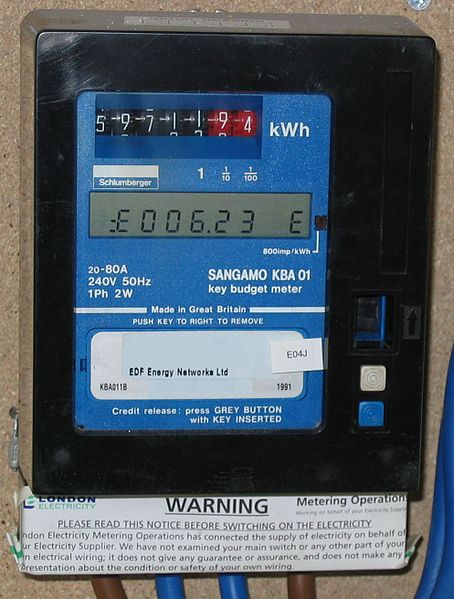
Domestic energy costs are predicted to rise slightly in the New Year, according to consultancy Cornwall Insight. The firm, renowned for its accurate forecasts, estimates that a household with
typical energy consumption will pay £1,736 annually starting in January. This marks a modest £17 annual increase, equivalent to a 1% rise, from the current average bill of £1,717. Prices are expected to remain elevated throughout the winter months.
The energy regulator, Ofgem, will announce the next quarterly price cap on Friday. Meanwhile, charities have voiced concerns over how vulnerable groups, including low-income households and pensioners, will manage during the colder season.
Ofgem's energy price cap limits the maximum price per unit of gas and electricity rather than the total bill. Consequently, households with larger properties, which typically consume more energy, face higher bills, while those in smaller homes tend to pay less. The cap affects 29 million households in England, Wales, and Scotland, with different rules applied in Northern Ireland.
Dr. Craig Lowrey, principal consultant at Cornwall Insight, noted that while bills will remain "largely unchanged" from October, the lack of a price drop following autumn increases will be "disappointing" for many.
"We're seeing prices well above historic norms," Dr. Lowrey told the BBC's Today programme, adding that there seems to be no indication of a return to pre-crisis energy price levels. He attributed this to persistent factors, including geopolitical tensions, adverse weather, and maintenance on Norway's gas infrastructure, which have all contributed to sustained price hikes.
Cornwall Insight warned that the energy market remains "very sensitive" to global events, suggesting that higher prices may become the "new normal." The consultancy predicts a slight reduction in the price cap by April 2025, followed by another decrease in October 2025.
The consultancy emphasized the importance of government intervention to shield vulnerable households from escalating costs. Suggestions include implementing social tariffs to ease the burden of high energy bills.
Criticism has been directed at the Labour government for its decision to withdraw the winter fuel payment for millions of pensioners. Chancellor Rachel Reeves' first Budget confirmed that future payments would be restricted to those receiving pension credit or other means-tested benefits. The government justified the move as necessary to address a financial "black hole" inherited from the previous Conservative administration.
However, opposition parties and unions have raised concerns that the policy may force older or vulnerable individuals to compromise their health by reducing heating during the winter. In Scotland, a couple has been granted permission to challenge both the UK and Scottish governments in court over the benefit changes.
As energy prices continue to strain household budgets, the debate over how best to support those most in need is set to intensify. Photo by Caroline Ford, Wikimedia commons.




































